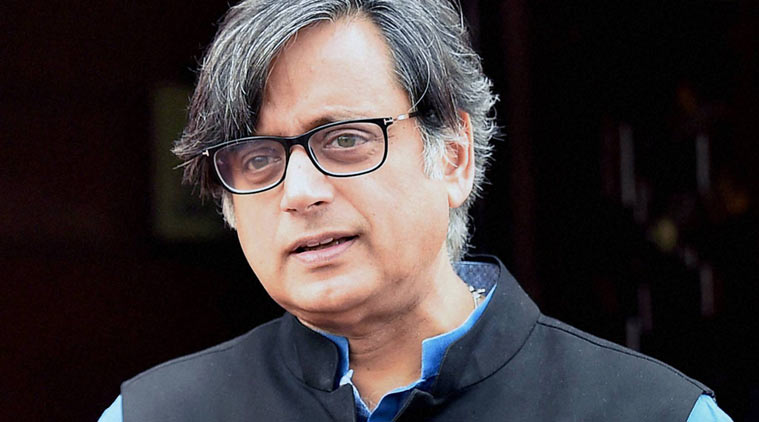

A few years later, the young and weakened Mughal emperor, Shah Alam II, was browbeaten into issuing an edict that replaced his own revenue officials with the Company s representatives. In 1757, under the command of Robert Clive, Company forces defeated the ruling Nawab Siraj-ud-Daula of Bengal at Plassey, through a combination of superior artillery and even more superior chicanery. Within a century and a half, the Company had become a power to reckon with in India. The British empire in India began with the East India Company, incorporated in 1600, by royal charter of Her Majesty Queen Elizabeth I, to trade in silk, spices and other profitable Indian commodities. When the British left it was just above 3 per cent. When the East India Company took control of the country, in the chaos that ensued after the collapse of the Mughal empire, India's share of world GDP was 23 per cent. Besides the deaths of Indians, British rule impoverished India in a manner that beggars belief. Almost 35 million Indians died because of acts of commission and omission by the British in famines, epidemics, communal riots and wholesale slaughter like the reprisal killings after the 1857 War of Independence and the Amritsar massacre of 1919. He was not the only one to denounce the rapacity and cruelty of British rule, and his assessment was not exaggerated.


In 1930, the American historian and philosopher Will Durant wrote that Britain s conscious and deliberate bleeding of India.


 0 kommentar(er)
0 kommentar(er)
